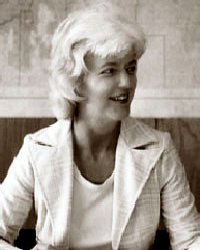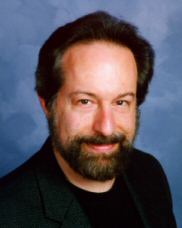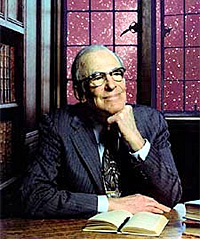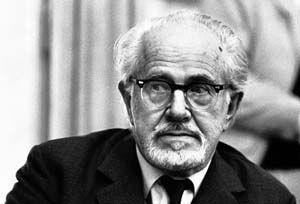A Quote by Kate Wilhelm
The future. Space travel, or cosmology. Alternate universes. Time travel. Robots. Marvelous inventions. Immortality. Catastrophes. Aliens. Superman. Other dimensions. Inner space, or the psyche. These are the ideas that are essential to science fiction. The phenomena change, the basic ideas do not. These ideas are the same philosophical concepts that have intrigued mankind throughout history.
Quote Topics
Aliens
Alternate
Basic
Change
Concepts
Cosmology
Dimensions
Essential
Fiction
Future
History
Ideas
Immortality
Inner
Intrigued
Inventions
Mankind
Marvelous
Other
Phenomena
Philosophical
Psyche
Robots
Same
Science
Science Fiction
Space
Space Travel
Superman
Throughout
Time
Time Travel
Travel
Universes
Related Quotes
Today, we know that time travel need not be confined to myths, science fiction, Hollywood movies, or even speculation by theoretical physicists. Time travel is possible. For example, an object traveling at high speeds ages more slowly than a stationary object. This means that if you were to travel into outer space and return, moving close to light speed, you could travel thousands of years into the Earth's future.
I believe that space travel will one day become as common as airline travel is today. I'm convinced, however, that the true future of space travel does not lie with government agencies -- NASA is still obsessed with the idea that the primary purpose of the space program is science -- but real progress will come from private companies competing to provide the ultimate adventure ride, and NASA will receive the trickle-down benefits.
I define science fiction as the art of the possible. Fantasy is the art of the impossible. Science fiction, again, is the history of ideas, and they're always ideas that work themselves out and become real and happen in the world. And fantasy comes along and says, 'We're going to break all the laws of physics.' ... Most people don't realize it, but the series of films which have made more money than any other series of films in the history of the universe is the James Bond series. They're all science fiction, too - romantic, adventurous, frivolous, fantastic science fiction!
Sci-fi uses the images that sf - starting with H.G. Wells - made familiar: space travel, aliens, galactic wars and federations, time machines, et cetera, taking them literally, not caring if they are possible or even plausible. It has no interest in or relation to real science or technology. It's fantasy in space suits. Spectacle. Wizards with lasers. Kids with ray guns. I've written both, but I have to say I respect science fiction enough that I wince when people call it sci-fi.
Look at anyone's bookcase at home, no matter how modest, and you're going to find a book that contains wisdom or ideas or a language that's at least a thousand years old. And the idea that humans have created a mechanism to time travel, to hurl ideas into the future, it sort of bookends. Books are a time machine.
Science fiction is the most important literature in the history of the world, because it's the history of ideas, the history of our civilization birthing itself. ...Science fiction is central to everything we've ever done, and people who make fun of science fiction writers don't know what they're talking about.
The dimension that counts for the creative person is the space he creates within himself. This inner space is closer to the infinite than the other, and it is the privilege of the balanced mind... and the search for an equilibrium is essential - to be as aware of inner space as he is of outer space.



































